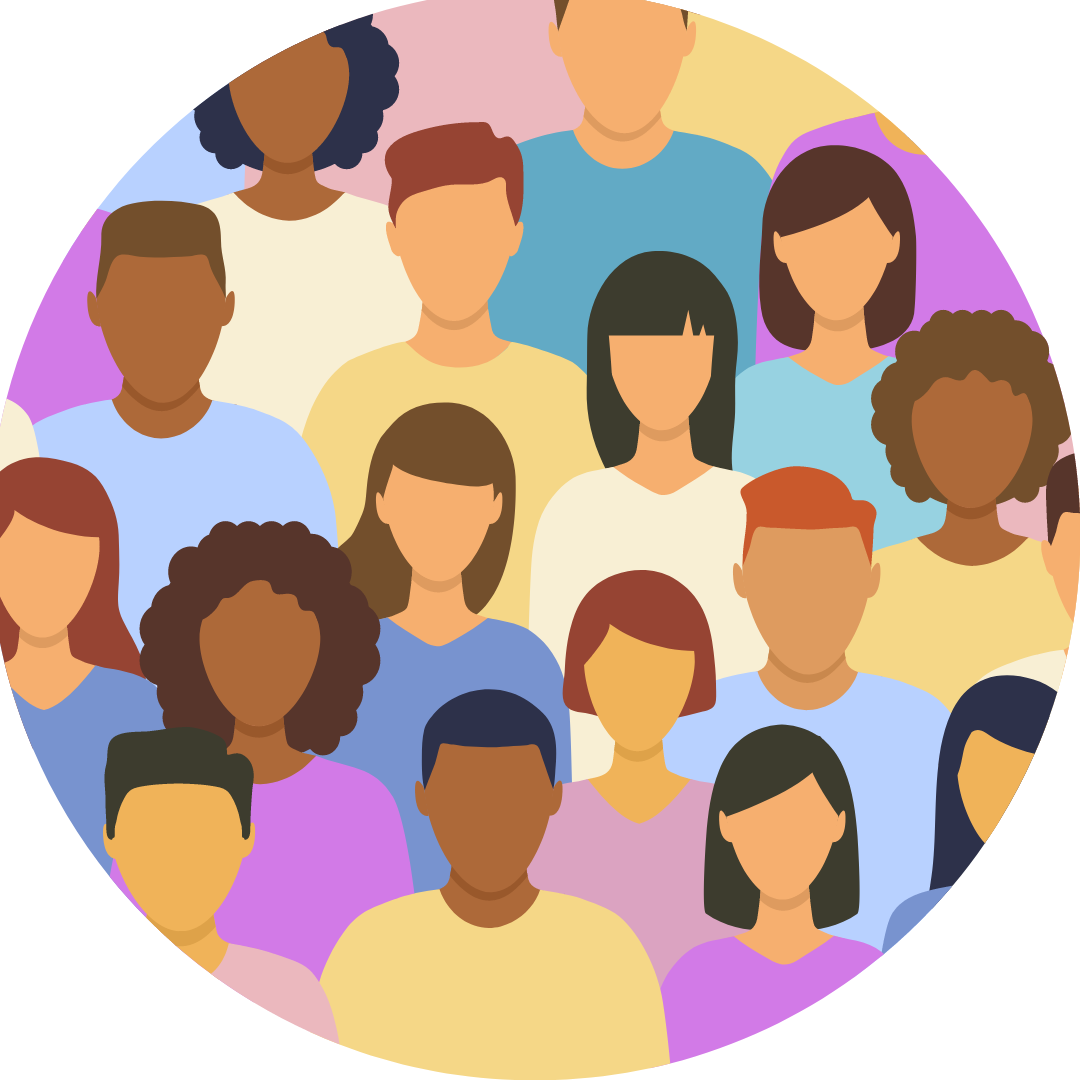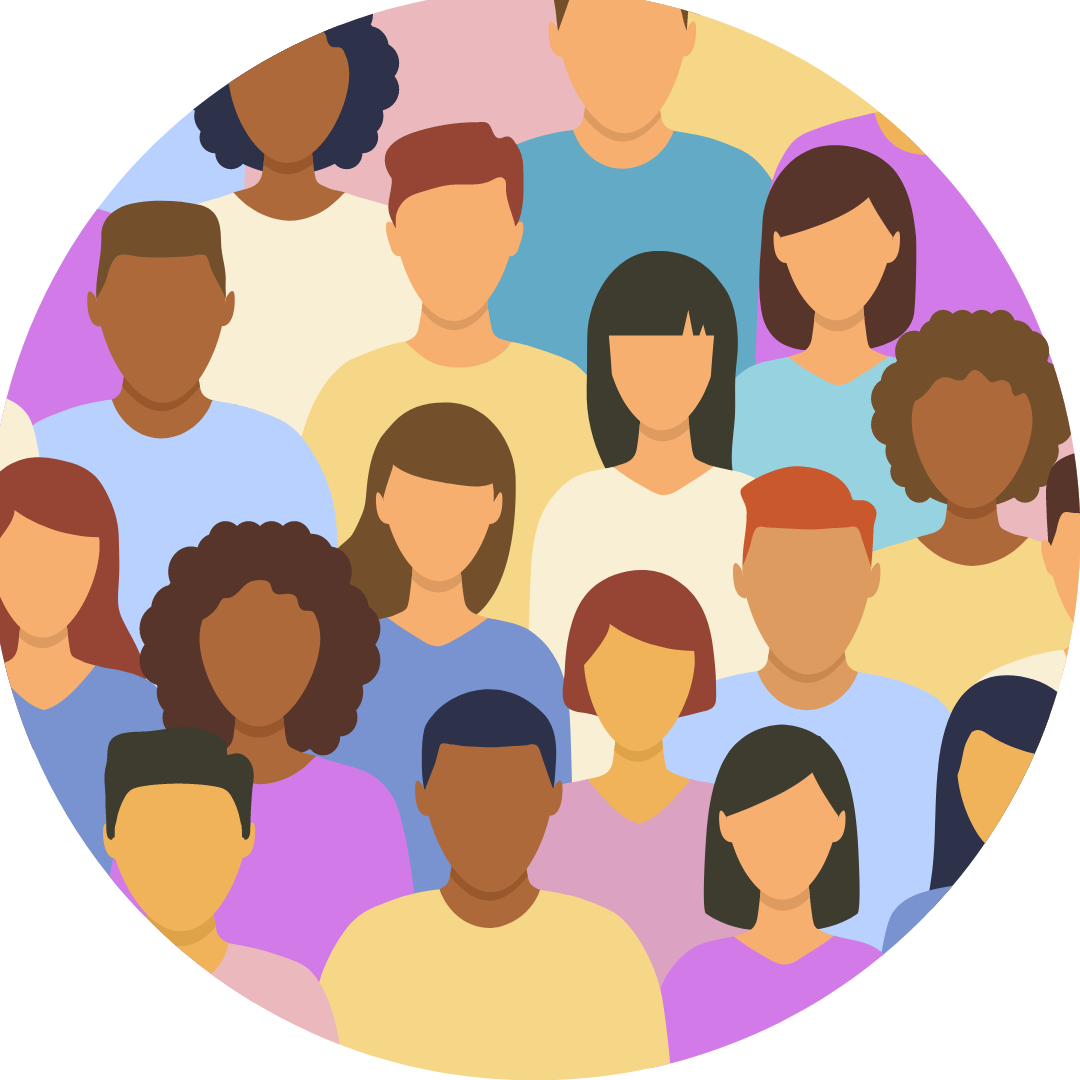LinkedIn & Social Influence
LinkedIn & Social Influence
Nu s-a putut încărca disponibilitatea ridicării

Empowering Professionals to Harness LinkedIn and Social Influencefor Maximum Influence and Success
Join us for an immersive workshop designed to elevate your social influence game.
From mastering the art of LinkedIn networking to leveraging the power of social media platforms, this workshop will equip you with the strategies and tactics needed to amplify your professional presence.
Learn how to curate compelling content, build meaningful connections, and establish yourself as a thought leader in your industry. Whether you're a seasoned professional or just starting out, this workshop will provide you with the tools and insights to elevate your online presence and achieve your career goals.
-
Optimizing Profile Presence:
Understand how to craft a compelling LinkedIn profile that effectively communicates your professional brand, expertise, and aspirations, enhancing your visibility and credibility within your industry.
-
Strategic Networking
Learn advanced networking strategies to expand your professional network on LinkedIn, cultivate meaningful connections, and leverage them to uncover opportunities for collaboration, mentorship, and career advancement.
-
Measuring Success
Gain insights into key performance indicators (KPIs) and analytics tools to track the effectiveness of your LinkedIn and social media efforts, allowing you to refine your strategy, optimize your results, and maximize your social influence and professional growth.
-
Engaging in Mental Agility Exercises
Participants will learn how to engage in mental agility exercises, which are designed to help individuals improve their cognitive flexibility and mental agility. These exercises can include activities such as puzzles, brain teasers, and word games, which help to develop new neural pathways and enhance mental flexibility.
SKILLS
Presence
Presence refers to the ability to be fully engaged and attentive in the moment, without being distracted by external stimuli or internal thoughts. Developing presence can help individuals to improve their focus, reduce stress and anxiety, and improve their overall well-being.
Flexible thinking
Flexible thinking refers to the ability to approach problems from different angles, find new solutions, and adapt to new situations. This skill involves being open-minded, creative, and willing to take risks. Developing flexible thinking can help individuals to overcome challenges, develop more innovative ideas, and stay competitive in an ever-changing world.
Empathy
Empathy refers to the ability to understand and share the feelings of others. This skill involves being able to put oneself in someone else's shoes, and to see things from their perspective. Developing empathy can help individuals to build stronger relationships, communicate more effectively, and create a more inclusive and supportive workplace.
Collaboration
Collaboration refers to the ability to work effectively with others towards a common goal. This skill involves being able to communicate clearly, listen actively, and contribute to a team effort. Developing collaboration skills can help individuals to build stronger relationships, achieve better results, and create a more positive and supportive workplace culture.
Adaptability
Adaptability refers to the ability to adjust to new situations and environments. This skill involves being flexible, open-minded, and willing to change course as needed. Developing adaptability skills can help individuals to stay competitive, overcome challenges, and take advantage of new opportunities.
Emotional intelligence
Emotional intelligence refers to the ability to understand and manage one's own emotions, as well as to understand and respond to the emotions of others. This skill involves being self-aware, empathetic, and able to regulate one's own emotions in order to achieve positive outcomes. Developing emotional intelligence can help individuals to build stronger relationships, communicate more effectively, and create a more positive and supportive workplace culture.
Empathetic communication
Empathetic communication refers to the ability to communicate effectively with others, taking into account their thoughts, feelings, and perspectives. This skill involves being able to listen actively, ask thoughtful questions, and respond in a way that shows empathy and understanding. Developing empathetic communication skills can help individuals to build stronger relationships, collaborate more effectively, and create a more positive and supportive workplace culture.
Flexibility
Flexibility refers to the ability to adapt to changing circumstances, such as new technologies, new processes, or new team dynamics. This skill involves being open-minded, creative, and willing to try new approaches. Developing flexibility can help individuals to stay competitive, overcome challenges, and take advantage of new opportunities.
METHODS
- Guided Exercises: Participants engage in guided exercises where they optimize their LinkedIn profiles, refine their networking approaches, and develop content ideas tailored to their professional goals. These exercises can be facilitated by workshop leaders and completed individually or in small groups.
- Interactive Discussions: Foster interactive discussions where participants share their insights, challenges, and successes related to LinkedIn and social media influence. Facilitators can guide these discussions to encourage knowledge sharing and peer learning.
- Role-Playing Scenarios: Utilize role-playing scenarios to simulate networking interactions and content creation challenges. Participants can practice introducing themselves to new connections, responding to messages, and crafting engaging posts, gaining valuable experience in a low-pressure environment.
- Workshop Materials and Templates: Provide participants with workshop materials, templates, and resources to support their learning and implementation. These materials can include profile optimization guides, networking email templates, content calendars, and best practice documents.
- Feedback and Peer Review: Implement feedback and peer review sessions where participants can receive constructive feedback on their LinkedIn profiles, networking messages, and content drafts from their peers. This process encourages iterative improvement and refinement of their strategies.
By focusing on these methods, participants can actively engage in learning and skill-building without the need for live demonstrations or expert-led sessions.

Lead Tutor - Ms. Alina Ghetu
Ms. Alina Ghetu is an experienced tutor with 7 years of experience in the education field. She is deeply passionate about incorporating new and innovative training methods into her workshops, with a particular focus on gamification, adaptive, and collaborative learning.Alina has worked with companies in various industries, including CEC Bank, Mercedes Benz, and Hach Lange, designing and delivering transformation programs. Her dynamic and engaging teaching style fosters an active learning environment that encourages collaboration and participation.Alina remains up-to-date with the latest trends and developments in the industry and is committed to motivating and inspiring participants to reach their full potential.

